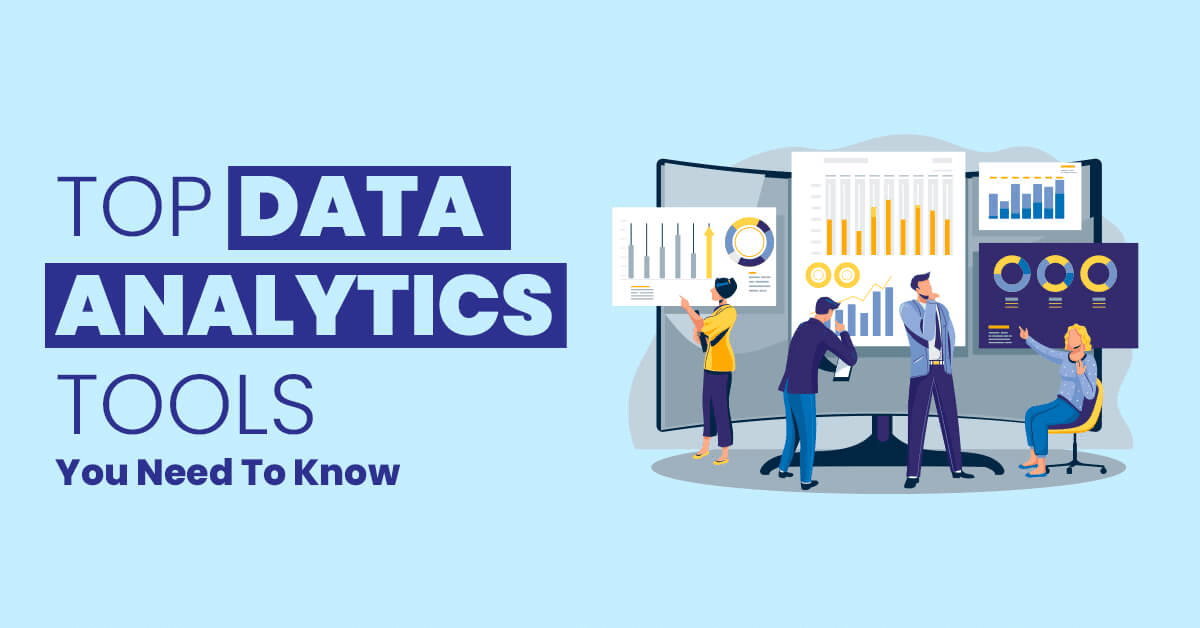The Best Analytics Tools for Tracking and Measuring Marketing Success
In the digital age, tracking and measuring marketing success is essential for businesses to understand their performance, optimize campaigns, and achieve growth. Using the right analytics tools can provide valuable insights into customer behavior, campaign effectiveness, and ROI. This article explores some of the best analytics tools available for tracking and measuring marketing success.
1. Google Analytics
Google Analytics remains one of the most widely used and versatile analytics tools for digital marketers. It provides in-depth data on website traffic, user behavior, conversions, and much more.
Key Features:
- Traffic and Audience Insights: Track the number of visitors, demographics, interests, and behaviors.
- Goal Tracking: Set up goals to track important actions such as form submissions, product purchases, or newsletter sign-ups.
- Real-Time Data: Monitor website performance in real time, helping you respond quickly to trends.
- Integration with Google Ads: Easily track the performance of Google Ads campaigns to assess ROI.
Why Use Google Analytics:
It’s a powerful free tool with a wide range of features that provide a comprehensive overview of your website’s performance and user engagement. Google Analytics can integrate with other platforms, making it an essential part of any digital marketing strategy.
2. HubSpot Analytics
HubSpot is an all-in-one inbound marketing platform that offers robust analytics tools for tracking various marketing efforts, from website traffic to email campaigns and social media performance.
Key Features:
- Comprehensive Marketing Dashboard: Track all marketing efforts (social, email, SEO, etc.) in one place.
- Lead and Conversion Tracking: Monitor how visitors convert into leads and customers, helping optimize sales funnels.
- Attribution Reporting: Understand the effectiveness of different channels in driving conversions and revenue.
- Custom Reports: Build custom reports based on your specific marketing goals and KPIs.
Why Use HubSpot Analytics:
HubSpot provides a centralized platform for marketers, making it easy to track all aspects of marketing performance. It’s particularly beneficial for businesses using HubSpot’s CRM, email, and social tools.
3. Kissmetrics
Kissmetrics is a customer analytics platform designed to track and understand user behavior, offering powerful insights into customer retention and lifetime value.
Key Features:
- User Segmentation: Segment users based on their behavior and track their actions over time.
- Funnels and Conversion Tracking: Track the journey of users from awareness to conversion and identify drop-off points.
- Customer Lifetime Value (CLV): Measure the long-term value of customers to understand the return on acquisition efforts.
- Cohort Analysis: Analyze specific groups of customers to measure the effectiveness of marketing campaigns.
Why Use Kissmetrics:
Kissmetrics is ideal for businesses that want a deeper understanding of customer behavior and retention. It’s particularly helpful for SaaS and subscription-based businesses focused on maximizing customer lifetime value.
4. Hotjar
Hotjar is a powerful tool that provides qualitative data through heatmaps, session recordings, and surveys. It’s perfect for understanding user interactions and improving user experience (UX) on websites.
Key Features:
- Heatmaps: Visualize where users click, scroll, and move on your site to identify areas of interest and potential improvements.
- Session Recordings: Watch real-time recordings of users’ interactions with your site to see where they get stuck or abandon their journey.
- Surveys and Polls: Collect direct feedback from visitors to understand their experience and gather insights for optimization.
- Conversion Funnels: Analyze user flow and identify where visitors drop off in the conversion process.
Why Use Hotjar:
Hotjar provides a great combination of qualitative and quantitative data, giving you a deeper understanding of user behavior that can help optimize your website and improve conversions.
5. Social Media Analytics Tools (e.g., Sprout Social, Hootsuite Analytics)
Tracking social media marketing performance is critical for businesses with an active social presence. Tools like Sprout Social and Hootsuite provide comprehensive social media analytics to measure campaign success.
Key Features:
- Engagement Metrics: Track likes, shares, comments, and interactions across various platforms.
- Audience Insights: Understand your audience’s demographics, interests, and engagement patterns.
- Post Performance: Analyze the performance of individual posts and campaigns, and schedule posts for optimal timing.
- Reporting and Dashboards: Generate detailed reports on social media ROI, traffic, and growth.
Why Use Social Media Analytics Tools:
Social media analytics tools help businesses stay on top of social campaigns by tracking engagement, understanding audience behavior, and optimizing content for maximum impact.
6. SEMrush
SEMrush is a comprehensive SEO and digital marketing tool that offers powerful analytics for tracking website performance, keyword rankings, and competitors’ strategies.
Key Features:
- Keyword Tracking: Monitor keyword rankings and their fluctuations over time.
- SEO Audits: Perform in-depth audits of your website to identify areas for improvement.
- Competitor Analysis: Analyze competitor websites, keywords, backlinks, and ad strategies.
- Traffic Analytics: Get insights into traffic sources, user behavior, and traffic quality.
Why Use SEMrush:
SEMrush is excellent for businesses focusing on SEO, content marketing, and competitive analysis. Its all-in-one nature allows you to manage your website’s performance and track the competition effectively.
7. Google Data Studio
Google Data Studio is a free data visualization tool that allows you to create customizable reports and dashboards using data from Google Analytics, Google Ads, and other marketing platforms.
Key Features:
- Customizable Dashboards: Create visually appealing, interactive reports with easy-to-understand graphs and charts.
- Integration with Google Tools: Seamlessly pull data from Google Analytics, Google Ads, and YouTube to create consolidated reports.
- Sharing and Collaboration: Share reports with team members and clients, making it easy to collaborate.
- Data Blending: Combine data from different sources to gain a comprehensive view of marketing performance.
Why Use Google Data Studio:
Google Data Studio is ideal for businesses that need to create custom reports, share data with stakeholders, and visualize marketing performance with ease.
8. Adobe Analytics
Adobe Analytics is a robust analytics platform that provides advanced insights into customer behavior and marketing performance, particularly for enterprise-level businesses.
Key Features:
- Customer Journey Analysis: Analyze the entire customer journey, from initial interaction to conversion, to identify areas for improvement.
- Real-Time Data: Monitor marketing performance in real time and make quick decisions.
- Advanced Segmentation: Segment users based on detailed demographics, behaviors, and interactions.
- Attribution Modeling: Understand the impact of various marketing channels on conversions and optimize your strategies accordingly.
Why Use Adobe Analytics:
Adobe Analytics is ideal for larger businesses or enterprises that need a high level of customization, advanced data analysis, and in-depth reporting. It integrates well with other Adobe marketing tools and offers powerful segmentation capabilities.
Conclusion
Choosing the right analytics tool is essential for tracking and measuring marketing success. Each tool offers unique features and insights that cater to different business needs. Google Analytics, HubSpot, and Kissmetrics are great for tracking overall website performance and customer behavior, while Hotjar and SEMrush are better for gaining insights into user interaction and SEO performance. Social media tools like Sprout Social and Hootsuite are perfect for businesses looking to measure social media ROI. By using these tools, businesses can make data-driven decisions, optimize campaigns, and ultimately maximize their marketing success.







